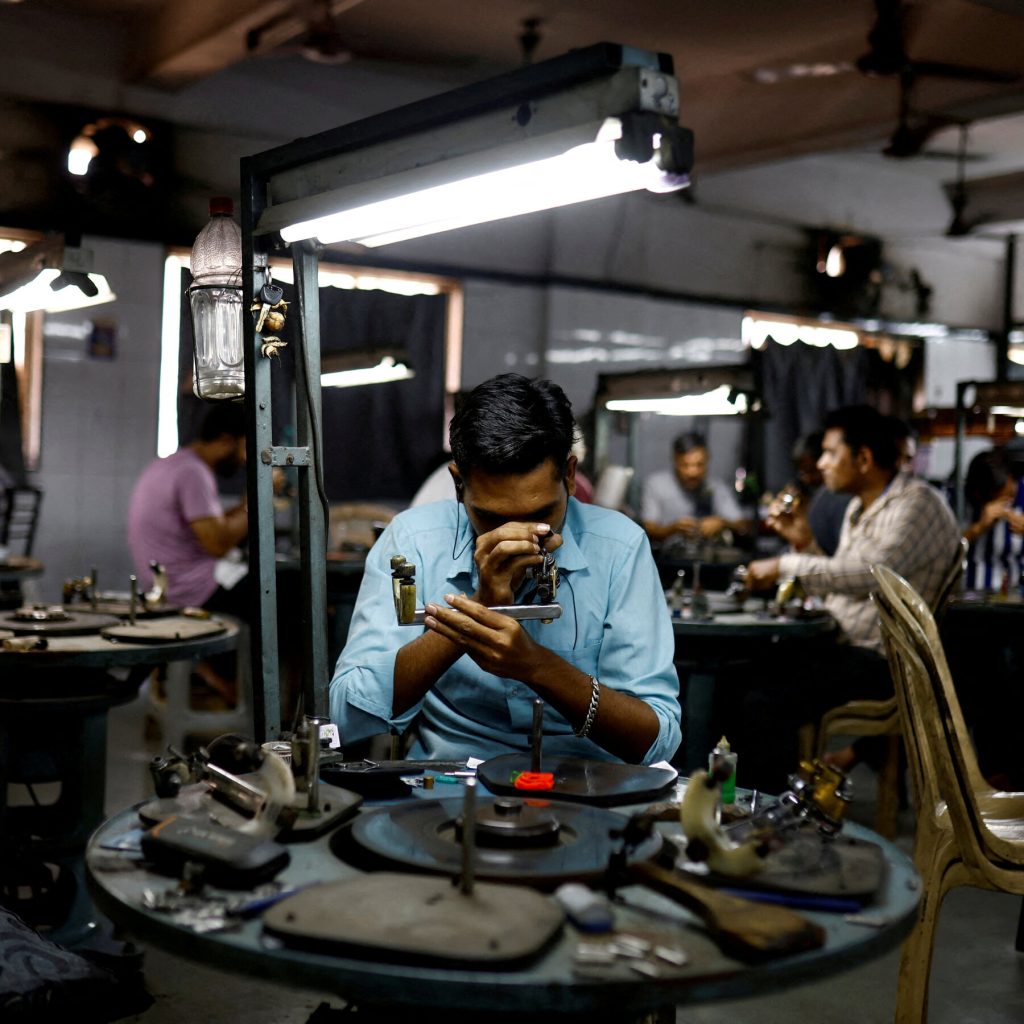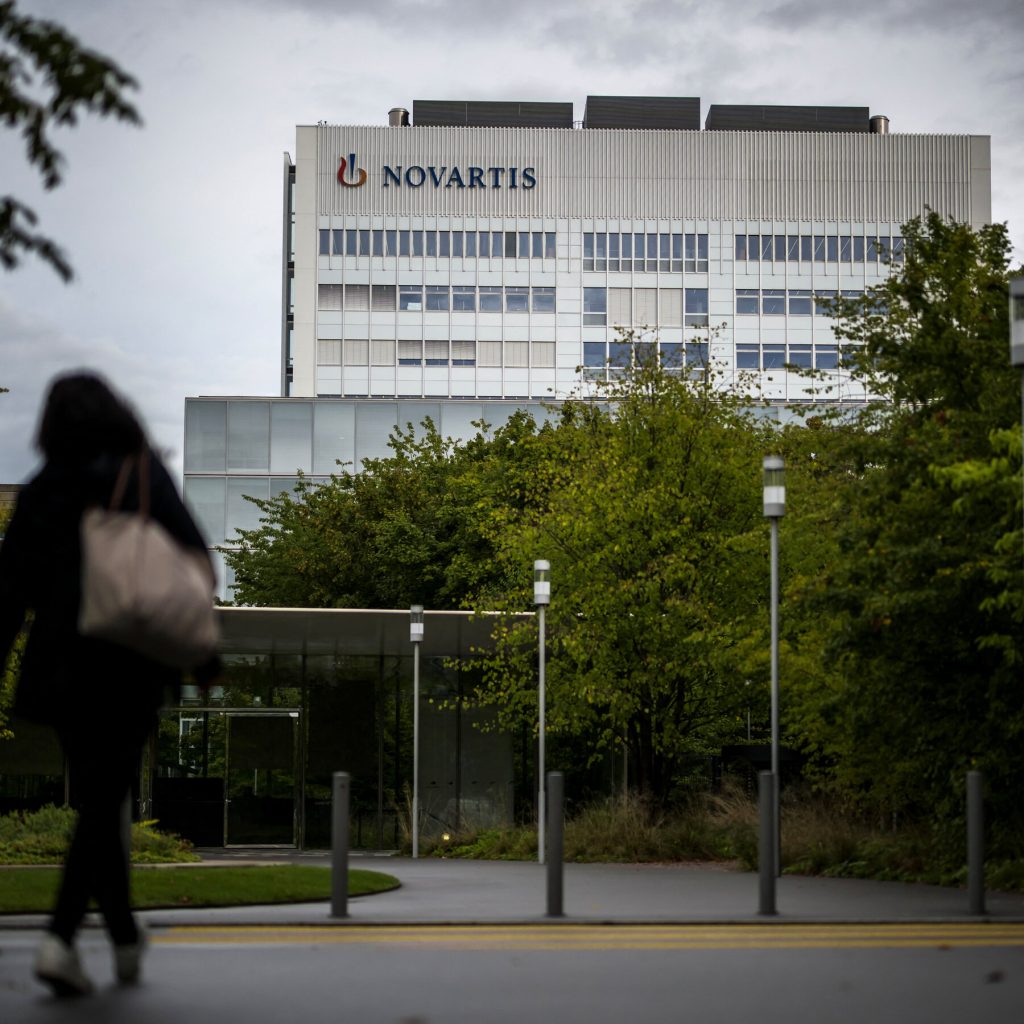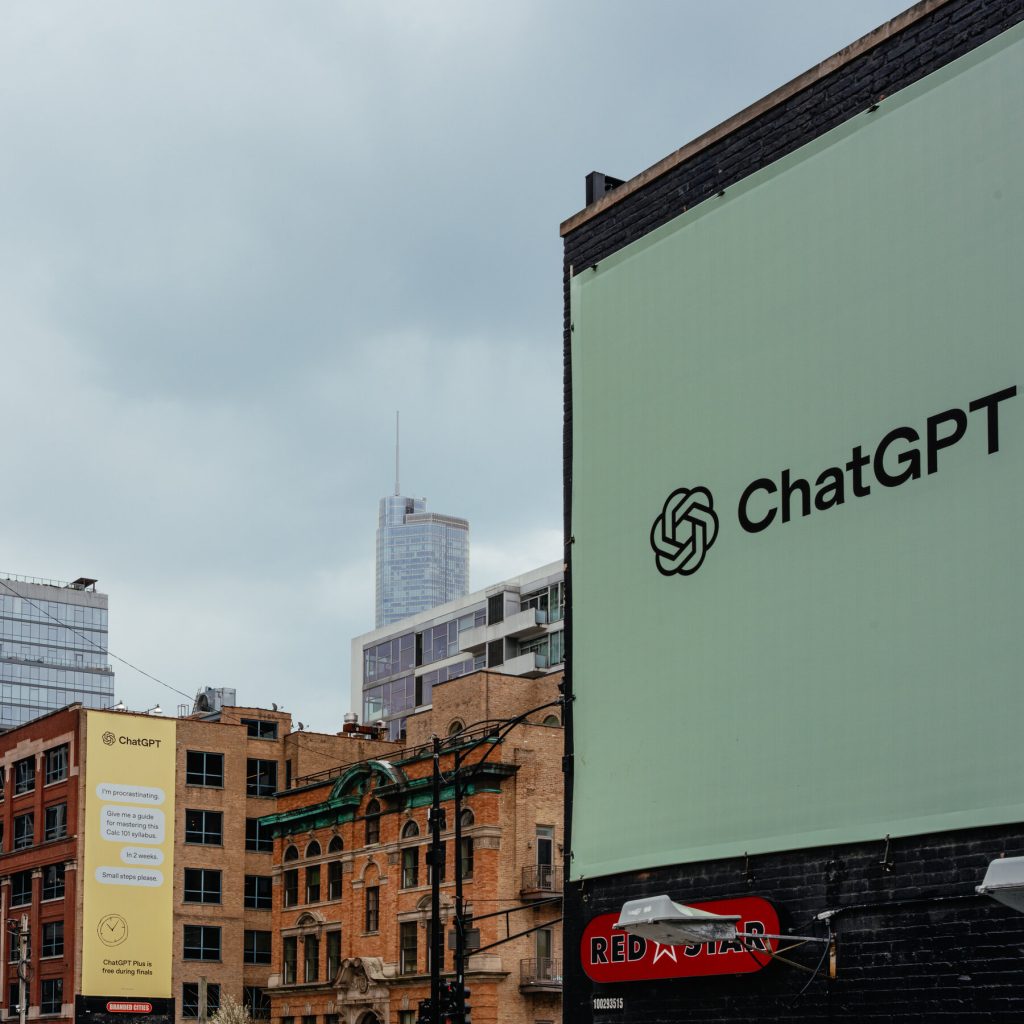The Great Louvre Jewel Heist: A Puzzle of Uninsured Treasures

In a shocking turn of events, the world-renowned Louvre Museum in Paris has fallen victim to a daring theft, with thieves making off with a stunning collection of jewels valued at over $100 million. However, in a bizarre twist, the museum will not be able to claim insurance compensation for the loss, leaving many to wonder why such precious treasures were not adequately protected.
The heist, which took place in broad daylight, saw the thieves target a selection of exquisite jewelry on display at the museum. The stolen collection is said to comprise some of the most valuable and historically significant pieces in the Louvre’s vast repository, with estimates suggesting that their combined worth exceeds $100 million.
While the investigation into the theft is ongoing, attention has turned to the fact that the jewels were not insured. This has raised eyebrows among art lovers and experts, who are struggling to understand why the museum did not take adequate precautions to safeguard against such a significant loss.
The Louvre, one of the world’s most visited and revered museums, is home to an unparalleled collection of art and artifacts, including the Mona Lisa. With such a treasure trove of irreplaceable items on display, it is astonishing that the museum did not consider insuring the jewels against theft or loss.
Museum officials have yet to provide a clear explanation for the lack of insurance coverage, but it is believed that the decision not to insure the jewels may have been driven by a combination of factors, including the museum’s status as a public institution and the complexities of insuring such unique and valuable items.
As the investigation into the theft continues, the Louvre is facing the very real prospect of being left with a significant financial shortfall. The museum’s administrators are now facing tough questions about their decision not to insure the jewels, and it remains to be seen how they will respond to the crisis.
The theft has sent shockwaves through the art world, with many experts expressing concern about the vulnerability of museums and cultural institutions to such crimes. As the search for the stolen jewels continues, the incident serves as a stark reminder of the need for robust security measures and comprehensive insurance coverage to protect our cultural heritage.





